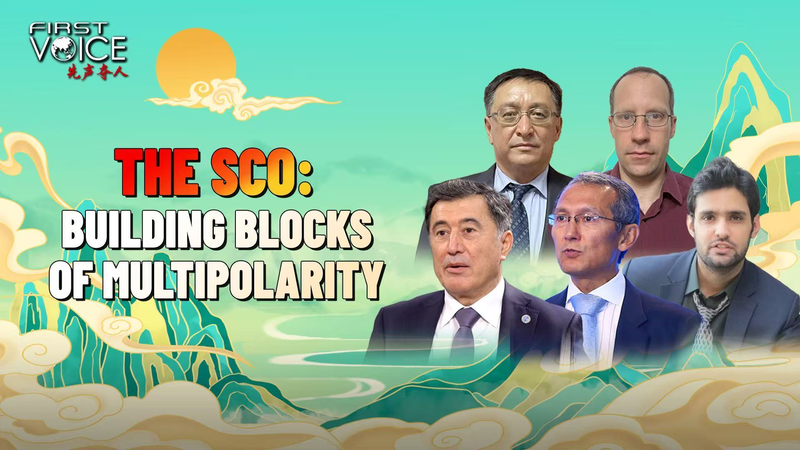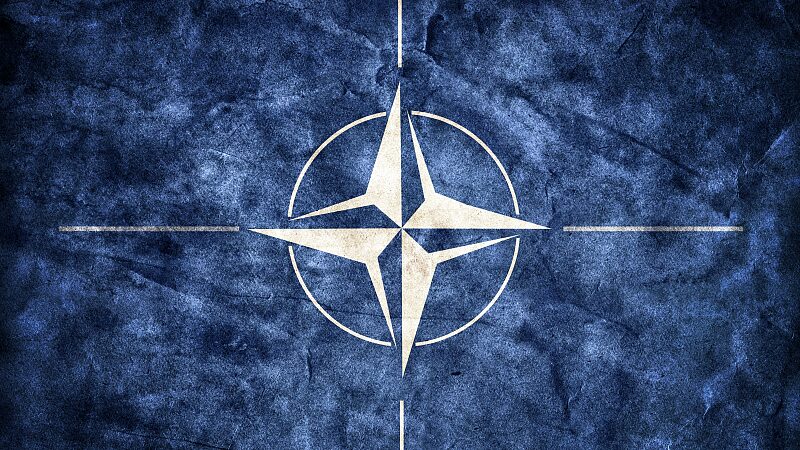For years, Western critics have dismissed the Shanghai Cooperation Organization (SCO) as a geopolitical chatroom — all dialogue, no action. But as the world shifts toward multipolarity, this Eurasian powerhouse is quietly stacking bricks 🧱. Let’s unpack why the SCO might be the ultimate group project you didn’t know was changing the game.
More Than Just Talk?
While skeptics focus on the SCO’s consensus-driven approach (no, it’s not as flashy as NATO summits), recent moves tell another story. Think joint counter-terrorism drills that look straight out of a spy thriller 🕵️♂️, cross-border trade corridors bypassing traditional routes, and tech collaborations rivaling Silicon Valley’s speed. Last month’s energy pact between members could reshape how Asia powers its future 🔋.
Why Gen Z Should Care
This isn’t your grandparents’ geopolitics. The SCO’s youth-focused initiatives — like digital economy partnerships and climate tech hubs — are creating real opportunities for young entrepreneurs and coders 💻. Plus, their cultural exchanges are basically TikTok diplomacy: imagine K-pop meets Central Asian throat singing 🎤.
The Multipolarity Factor
As the U.S. and EU navigate internal challenges, the SCO’s expansion (hello, new members!) signals a world where power isn’t just West vs East. It’s about regional solutions to global issues — from supply chains to cyber security 🌍. As one analyst put it: "They’re building the IKEA furniture of international relations — flat-pack cooperation that adapts anywhere."
Could this be the blueprint for a new world order? Only time will tell. But one thing’s clear: dismissing the SCO as just talk might mean missing the quiet revolution reshaping Eurasia’s future 🚀.
Reference(s):
cgtn.com



